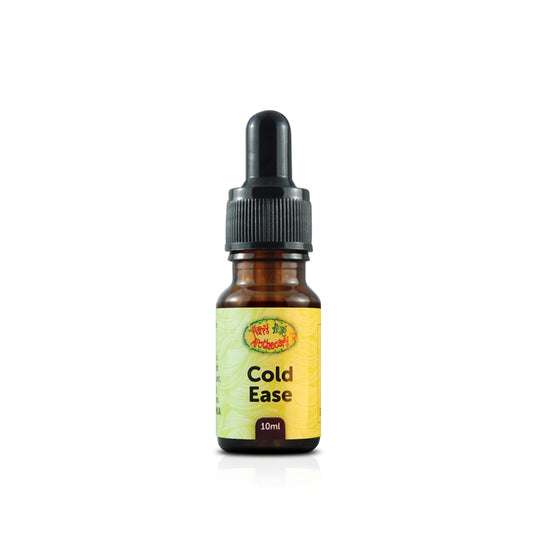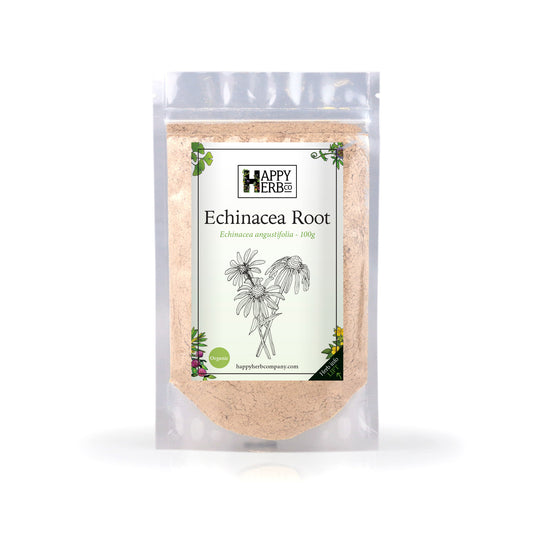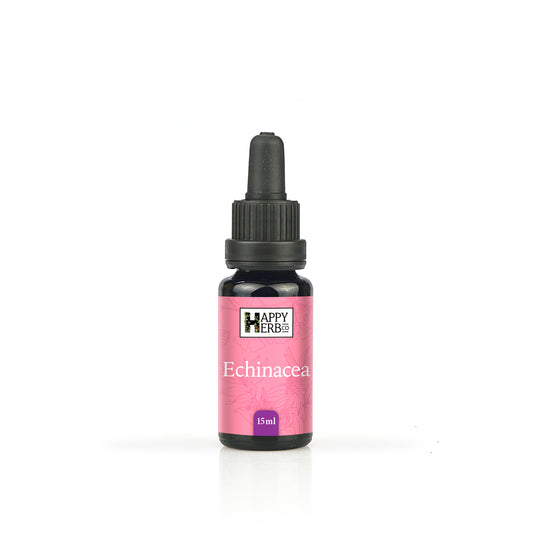
Botanical name
Echinacea angustifolia
Also known as Purple Coneflower.
A primary remedy for infection, echinacea is effective against bacterial and viral attacks, particularly against colds, flus, infections of the upper respiratory tract, strep throat, tonsillitis, as well as septicaemia, boils, skin eruptions, wounds and arthritis.
Learn about Echinacea
Exploring Echinacea’s Therapeutic Potential
A primary remedy for infection, Echinacea has proven effective against bacterial and viral attacks. It is particularly useful against colds, flus, infections of the upper respiratory tract, strep throat, tonsillitis, as well as septicaemia, boils, skin eruptions, wounds and arthritis.
Echinacea also raises levels of white blood cells and activates macrophages and is thus tumour-inhibiting.
Antimicrobial Efficacy
Echinacea is renowned for its ability to combat both bacterial and viral infections, making it a versatile remedy for a range of ailments. From common colds and flu to more serious conditions like streptococcal infections and septicaemia, Echinacea has demonstrated efficacy in alleviating symptoms and promoting recovery. Its antimicrobial properties also extend to dermatological issues such as boils, skin eruptions, and wound infections.
Immunomodulatory Effects
One of Echinacea's key mechanisms of action lies in its ability to enhance immune function. By stimulating the proliferation of white blood cells and activating macrophages, which are instrumental in pathogen clearance, Echinacea strengthens the body's innate defence mechanisms. This immune-boosting effect contributes to its efficacy in combating infections and promoting overall wellness.
Alleviation of Inflammatory Conditions
In addition to its antimicrobial and immunomodulatory effects, Echinacea exhibits anti-inflammatory properties that make it valuable in alleviating conditions characterized by inflammation, such as arthritis. By dampening pro-inflammatory responses and reducing leukocyte migration to inflamed tissues, Echinacea offers relief from symptoms associated with inflammatory disorders.
Antineoplastic Potential
Emerging research suggests that Echinacea may hold promise in cancer management, particularly due to its immunomodulatory effects. By enhancing immune surveillance and augmenting macrophage-mediated cytotoxicity against tumor cells, echinacea shows potential as an adjunctive therapy in cancer treatment and prevention strategies.
Common Uses
Allergies, Arthritis, Breast Health, Cold & Flu, Cold Sores, Convalescence, Gout, Immunity, Inflammation, Joint Pain, Mucous Congestion, Prostatitis, Rheumatism, Shingles, Sinus Congestion, STDs, Teenage Acne, Wound Healing, Urinary Tract Infections, Sore Throat, Skin Conditions, Kidney Infections, Infections, Fungal Infections, Eczema, Children, and Candida.Herbal Actions
Alterative, Anti-Inflammatory, Anticatarrhal, Antimicrobial, Immune Stimulant, Immunomodulator, Vulnerary, Antibacterial, and Lymphatic.Precautions
Not suitable for people who are allergic to the Asteraceae family of plants (daisies) or who are undergoing immuno-suppresant therapy.
Precautions
-
Echinacea Root
Vendor:Happy Herb CoRegular price $38.50 AUDRegular priceUnit price / per -
Echinacea Spagyric
Vendor:Happy Herb CoRegular price $40.00 AUDRegular priceUnit price / per -
 Sold out
Sold outCold Ease Spagyric
Vendor:Happy Herb CoRegular price $25.00 AUDRegular priceUnit price / per
Collapsible content
References
David Hoffman (2003), Medical Herbalism, pp. 544
Michael Tierra (2008) Planetary Herbology pp. 190










